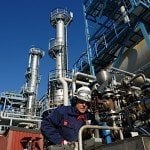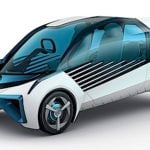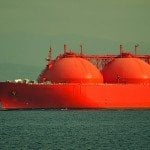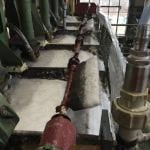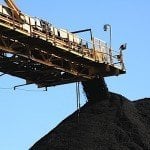Researchers in Japan say they have formulated a new metal hydride compound using aluminum. They are touting its light weight, absence of toxicity and absence of volatile gases among its desirable traits as a practical fuel source for commercial use, though they admit that its hydrogen content is low.
The worldwide quest for a safe and practical way to store hydrogen for use as an on-board fuel in commercial vehicles has been on for many years. The US Department of Energy called it one of the most “technically challenging” barriers to widespread adoption of hydrogen-fueled vehicles. In 2003 the DOE launched its National Hydrogen Storage Project and issued a “grand challenge” to the world’s scientists and engineers to develop a hydrogen storage method. The methods to be explored included metal hydrides, chemical storage methods, and carbon-based materials.
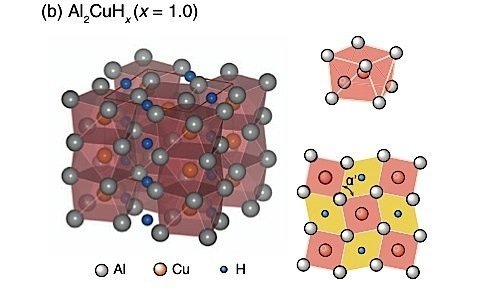
The major downside of current storage technology is that not enough hydrogen can be stored to be really useful as a fuel. Metal hydrides are seen as having potential for hydrogen storage because of their ability to concentrate the gas in solid form. The gas is forced to permeate the spaces, or interstices, between the metal’s own atoms. However, in current research, the ratio of hydrogen to the total weight of the metal used to store it is not better than 2–3 per cent. The current goal is to achieve a minimum of 9 per cent hydrogen content by weight by 2015.
Where the Japanese researchers say they have achieved a breakthrough is in the creation of a simple-structured interstitial aluminum alloy. Previously only complex aluminum hydrides had been created. However, the conditions for synthesizing the aluminum-based hydride are described by the scientists as “extreme.” Synthesis of the compound required a temperature of 800 degrees Celsius at a pressure of 10 gigapascals (1450377.3773 psi).
Nevertheless, they believe that the result is promising and that their compound will show properties that are different from those of other compounds that have previously been created, making it suitable for “practical applications.”
Toyota, meanwhile, has just announced that it will unveil a new hydrogen-fueled car at the Tokyo Motor Show, which opens on November 22. The Toyota FCV hydrogen car uses a fuel-cell stack that draws hydrogen from high pressure storage tanks. They hold enough of the gas to drive the car 520 kilometres.
For information about all essential components for industry, visit Daemar.

